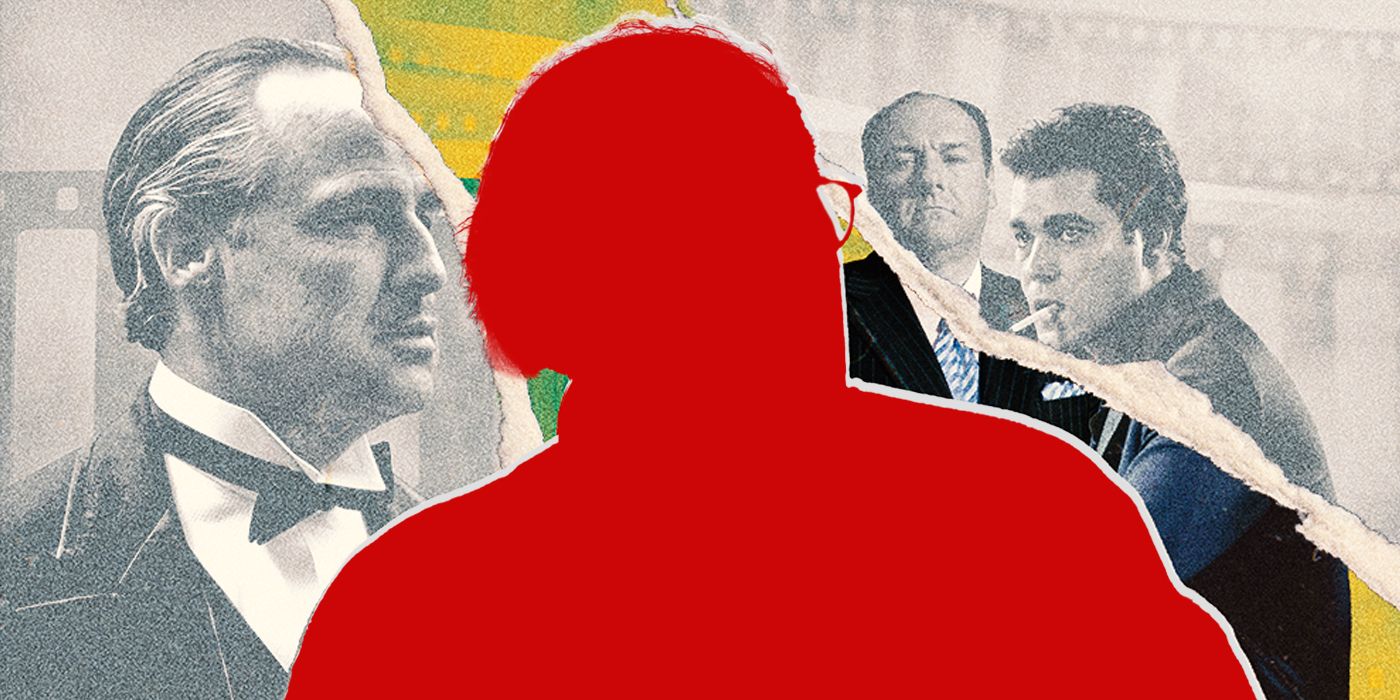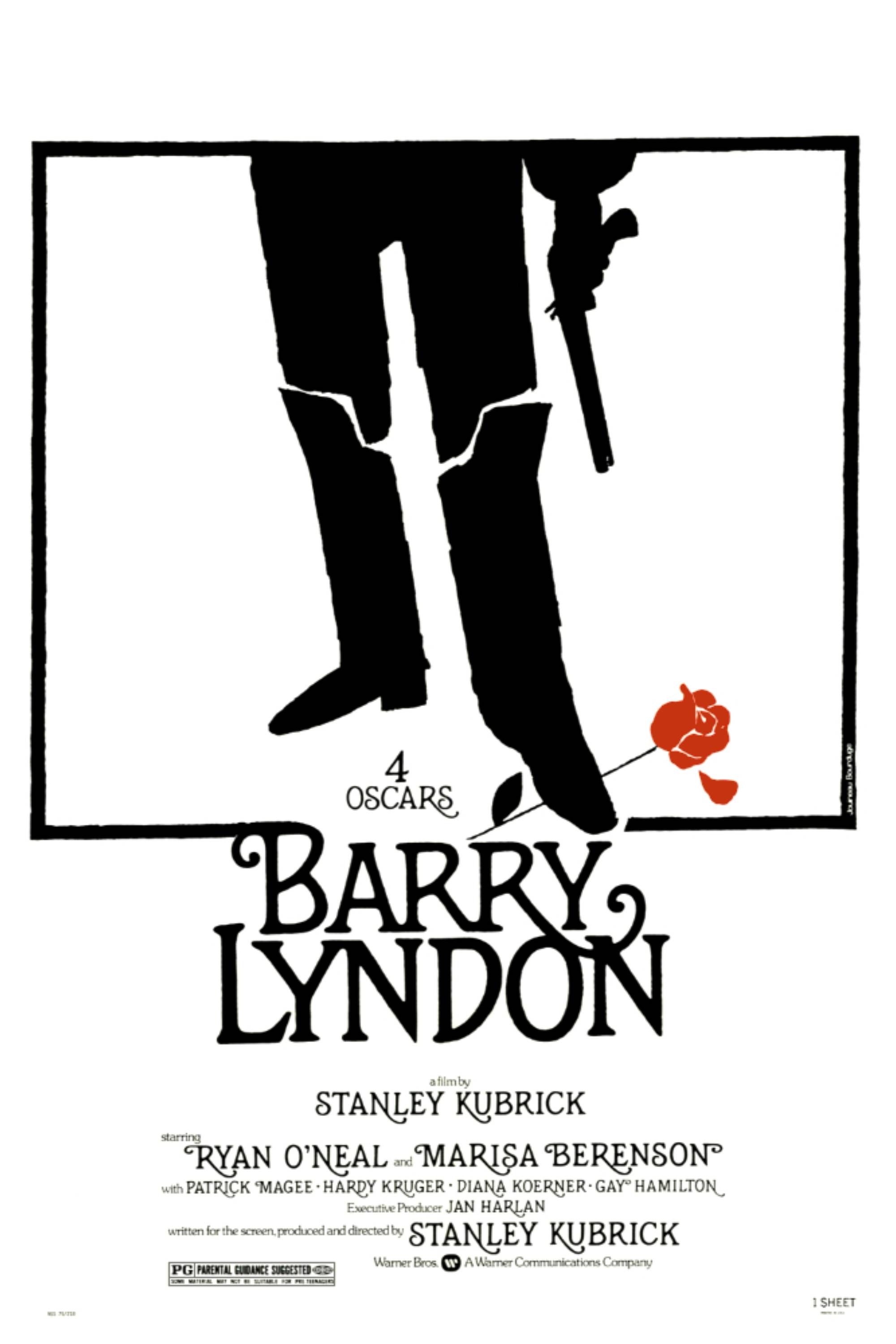Letterboxd is one of the most popular social media platforms for movie lovers, and their famous Four Favorites Interviews are a great way to learn about the favorite films of some of the most prominent actors and filmmakers of today. In 2022, Aubrey Plaza showed off her great taste in movies with her Four Favorites Interview, citing Scenes from a Marriage, A Woman Under the Influence, Serial Mom, and Stanley Kubrick’s underrated period drama Barry Lyndon as her four all-time favorites. Kubrick’s name comes up often in Four Favorites interviews, though you’re more likely to hear titles like The Shining or 2001: A Space Odyssey listed, but Plaza credits his 1975 epic as the film that made her fall in love with movies. Though it may not be one of Kubrick’s most beloved films, Barry Lyndon, which celebrates its 50th anniversary later this year, is a visual feast and a cynical depiction of the life of its titular character, featuring plenty of tragedy and a surprising amount of humor.
‘Barry Lyndon’ Is One of Stanley Kubrick’s Most Underrated but Visually Stunning Films
Based on William Makepeace Thackeray’s 1844 novel The Luck of Barry Lyndon, Ryan O’Neal stars as Redmond Barry, an Irishman from humble beginnings who fails upwards into the British aristocracy through charm and deceit, but who is met with plenty of roadblocks, misfortune, and heartbreak along the way. To call Barry Lyndon underrated feels like a stretch, considering it was well-received upon its release and nominated for seven Academy Awards, but Kubrick has such a strong body of work and so many iconic films, it’s probably not the first to come to mind when you hear his name, but shouldn’t be overlooked. As one of Kubrick’s longest films, Barry Lyndon is separated into two parts, following Barry through his years in the British and Prussian armies and into his rise in the aristocracy by marriage to Lady Lyndon (Marisa Berenson).

Related
What’s most striking and commendable about Barry Lyndon is its groundbreaking cinematography. The film itself is visually stunning, often evoking the paintings of English artists like Thomas Gainsborough, William Hogarth, and Joshua Reynolds that immerse you in the 18th century time period. Kubrick and cinematographer John Alcott accomplished this by using almost exclusively natural light while shooting, which imbues it with a sense of authenticity and undeniable beauty. The film’s interior scenes were shot primarily by candlelight, which presented a number of practical challenges that ended up paying off tremendously. Nearly every frame of Barry Lyndon looks like a painting, and though some might be put off by its slow pace and three-hour run time, its meditative quality allows viewers to soak up all the film’s visual beauty and sit with the complex character that is Barry Lyndon.
‘Barry Lyndon’ Is a Bleak Portrait of Fate and Ambition
It’s difficult to define Barry Lyndon as simply a hero or anti-hero. He’s complicated and largely unlikable, but also charming, sympathetic, unlucky, and at times pitiable. He gets himself into sticky situations by acting on emotion, whether it be jealousy, love, loneliness, or something else, and at times faces tragedies that are simply out of his control. Ryan O’Neal expertly brings Barry’s sense of detachment and mixture of self-pity and narcissism to the forefront, so that, despite his many flaws and deceptions, it’s hard not to feel bad for him. Michael Hordern’s narration lets us know that Barry’s story will not be one with a happy ending, and even considering all the misfortune that befalls him, it’s difficult to argue that he really deserves one.
In exploring such a complex protagonist with a decidedly tragic fate, Barry Lyndon is largely bleak and cynical, but satirical and surprisingly funny at times. In depicting the rise and fall of Barry Lyndon, the film delves into themes of fate, ambition, and the emptiness of material success. The nature of the father-son relationship also drives the narrative, since Barry’s father was killed at a young age, leaving him latching onto other fatherly figures throughout his life in his search for any sense of connection and stability. His marriage to Lady Lyndon is not tethered by a particularly strong romantic bond, as Barry is more of a financial opportunist, marrying into wealth for his own benefit. Perhaps the only time we see Barry express true love is towards his son Bryan (David Morley), contrasted by Barry’s cruelty towards his stepson Lord Bullingdon (Leon Vitali), which ends up leading to his downfall. Barry’s life is one defined by tragedy, and the film’s visual splendor both contrasts and heightens those tragedies.
The beauty of Barry Lyndon solidifies it as an integral part of Kubrick’s filmography, and the film is set to receive a 4K digital restoration by the Criterion Collection in July. All four films in Aubrey Plaza’s Letterboxd Four Favorites video should be essential viewings, and even though it may not be one of Kubrick’s most famous or widely beloved films, anyone familiar with it will understand Plaza’s love for Barry Lyndon, and it’s definitely worth the watch.




